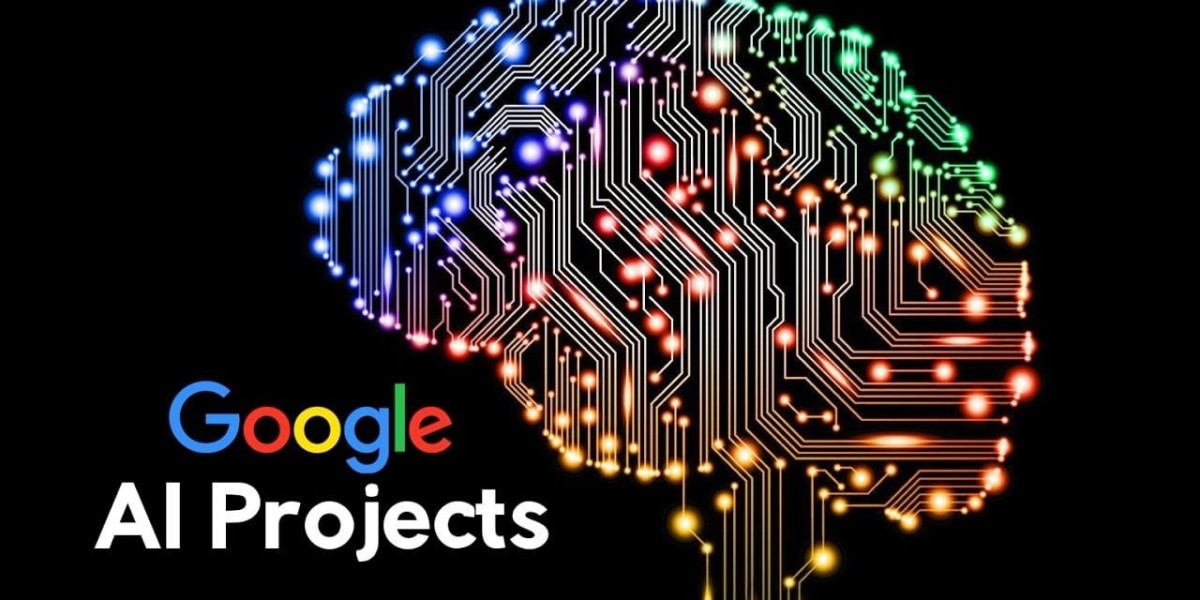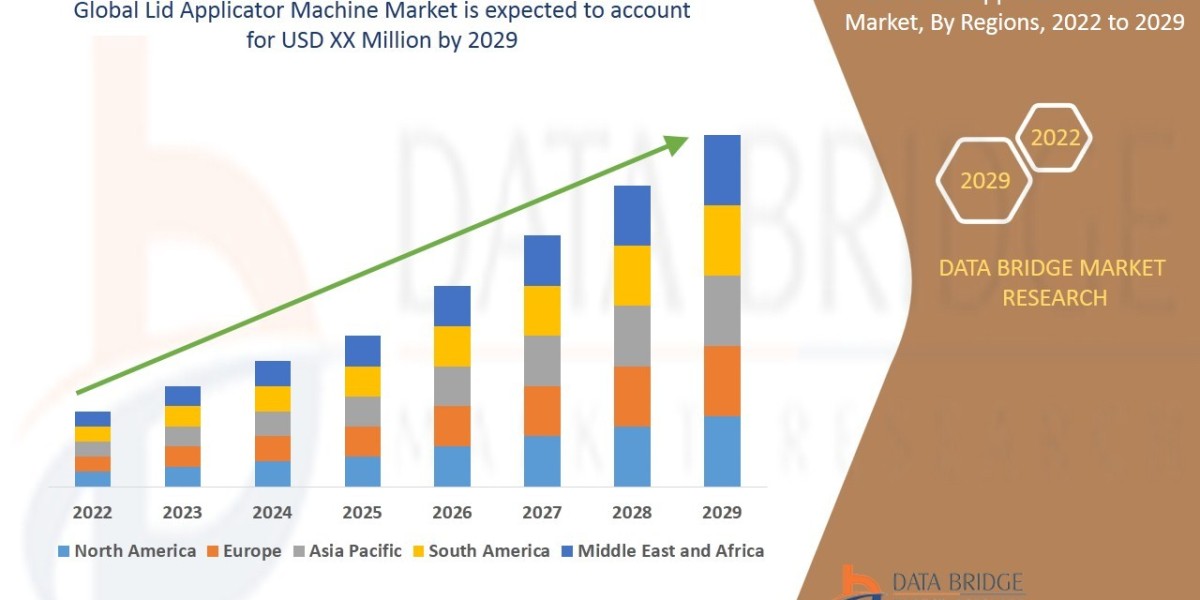Artificial Intelligence (AI) has become a cornerstone of technological innovation, and Google stands at the forefront of this revolution. Through its ambitious AI initiatives, Google has been pushing the boundaries of what machines can achieve, with projects like copyright and DeepMind leading the charge. In this blog, we’ll dive into the world of Google AI, exploring its flagship projects, their impact on various industries, and the future potential of these cutting-edge technologies.
What is Google AI?
Google AI is the umbrella term for Google extensive research and development efforts in artificial intelligence and machine learning (ML). The company has been investing heavily in AI for years, integrating it into products like Google Search, Google Translate, Google Assistant, and more. Google AI encompasses a wide range of projects, from foundational research to applied AI solutions, with the goal of advancing human knowledge and solving real-world problems.
At the heart of Google AI are initiatives like copyright and DeepMind, which represent the pinnacle of the company’s efforts to create intelligent systems capable of learning, reasoning, and interacting with the world in transformative ways. Let’s take a closer look at these projects and their significance.
DeepMind: Pioneering AI Research
DeepMind, acquired by Google in 2014, is one of the most prominent names in AI research. Based in London, DeepMind focuses on developing artificial general intelligence (AGI)—AI systems that can perform any intellectual task a human can. Unlike narrow AI, which is designed for specific tasks (like image recognition or language translation), AGI aims to achieve human-like cognitive abilities across a broad range of domains.
Key Achievements of DeepMind
DeepMind has made headlines with several groundbreaking achievements:
AlphaGo: In 2016, DeepMind’s AlphaGo defeated world champion Lee Sedol in the ancient board game Go, a feat previously thought to be decades away due to the game’s complexity. AlphaGo used reinforcement learning and neural networks to master Go, demonstrating AI’s ability to tackle problems requiring intuition and strategic thinking.
AlphaFold: DeepMind’s AlphaFold solved one of biology’s grand challenges: predicting protein structures with unprecedented accuracy. By modeling how proteins fold, AlphaFold has accelerated drug discovery and medical research, potentially saving years of laboratory work.
Energy Efficiency: DeepMind applied its AI expertise to optimize Google’s data centers, reducing energy consumption for cooling by up to 40%. This showcased how AI can address practical, large-scale problems beyond theoretical research.
DeepMind’s work combines cutting-edge algorithms, neural networks, and reinforcement learning to push the limits of AI. Its research has far-reaching implications, from healthcare to climate change mitigation, and continues to influence Google’s broader AI strategy.
copyright: Google’s Next-Generation AI Model
While DeepMind focuses on foundational AI research, copyright represents Google’s efforts to build advanced, multimodal AI models tailored for practical applications. Though details about copyright remain somewhat guarded, it is widely believed to be a successor to Google’s earlier language models like BERT and LaMDA. copyright is designed to handle multiple types of data text, images, and possibly more—making it a versatile tool for a wide range of tasks.
What Makes copyright Unique?
copyright is rumored to be a multimodal AI model, meaning it can process and generate outputs across different formats, such as text, images, and potentially audio. This is a significant leap from traditional single-modality models, which are limited to one type of data (e.g., text-only language models). By integrating various data types, copyright aims to create more natural and intuitive interactions, akin to how humans process information.
Some potential applications of copyright include:
Enhanced Search Capabilities: copyright could power a more intelligent Google Search, understanding complex queries that combine text and images (e.g., “Show me outfits inspired by this painting”).
Creative Tools: From generating artwork to composing music, copyright’s multimodal capabilities could revolutionize creative industries.
Personalized Assistants: By understanding context across text, images, and voice, copyright could power next-generation virtual assistants that rival or surpass Google Assistant.
While Google has not fully disclosed copyright’s capabilities, its development signals the company’s commitment to staying ahead in the AI race, competing with models like OpenAI’s GPT series and xAI’s Grok.
The Broader Impact of Google AI
Google AI, through projects like DeepMind and copyright, is reshaping industries and redefining what’s possible with technology. Here are some key areas where Google AI is making a difference:
1. Healthcare
AI has immense potential in healthcare, and Google AI is leading the way. DeepMind’s AlphaFold, for example, has provided researchers with a powerful tool to understand diseases at a molecular level. Google AI is also being used to develop diagnostic tools, such as AI systems that can detect diabetic retinopathy from retinal scans or predict patient outcomes based on medical data.
2. Sustainability
Google AI is tackling environmental challenges by optimizing energy usage and supporting climate research. DeepMind’s work on data center efficiency is just one example. Google is also using AI to improve weather forecasting, optimize renewable energy production, and reduce carbon footprints across its operations.
3. Accessibility
AI-powered tools like Google Translate and Live Caption are making information more accessible to people worldwide. By leveraging natural language processing (NLP) and computer vision, Google AI is breaking down language barriers and enabling real-time communication for individuals with hearing impairments.
4. Autonomous Systems
Google’s AI research extends to autonomous systems, such as self-driving cars developed by Waymo (a Google sister company under Alphabet). These systems rely on advanced machine learning models to navigate complex environments, making transportation safer and more efficient.
Challenges and Ethical Considerations
While Google AI’s advancements are impressive, they come with challenges. Developing AI systems like copyright and DeepMind raises important ethical questions, including:
Bias and Fairness: AI models can inadvertently perpetuate biases present in their training data, leading to unfair outcomes. Google has faced scrutiny over bias in its algorithms and is working to address these issues through responsible AI practices.
Privacy: AI systems that process vast amounts of data raise concerns about user privacy. Google has implemented strict data protection policies, but balancing innovation with privacy remains a challenge.
Job Displacement: As AI automates tasks, there’s a risk of job displacement in certain industries. Google is exploring ways to use AI to augment human work rather than replace it entirely.
Google has established an AI Principles framework to guide its development, emphasizing accountability, transparency, and societal benefit. However, as AI continues to evolve, ongoing dialogue between researchers, policymakers, and the public will be crucial to ensure its responsible use.
The Future of Google AI
The future of Google AI is bright, with projects like copyright and DeepMind paving the way for transformative technologies. As these projects advance, we can expect AI to become even more integrated into our daily lives, from smarter personal assistants to breakthroughs in scientific research.
One exciting prospect is the potential for AI to achieve greater generalization. While current AI models excel at specific tasks, the holy grail of AI research is AGI—systems that can learn and adapt across domains as humans do. DeepMind’s work on AGI brings us closer to this goal, while copyright’s multimodal capabilities hint at a future where AI seamlessly blends text, images, and other data to solve complex problems.
Moreover, Google’s collaboration with other Alphabet companies, such as Waymo and Verily, suggests that AI will continue to drive innovation across diverse fields. Whether it’s curing diseases, combating climate change, or revolutionizing how we interact with technology, Google AI is poised to play a central role.
Conclusion
Google AI, through projects like copyright and DeepMind, is redefining the possibilities of artificial intelligence. From solving complex scientific problems to enhancing everyday tools like Google Search, these initiatives demonstrate the power of AI to transform lives. However, with great power comes great responsibility, and Google’s commitment to ethical AI development will be critical as these technologies evolve.
As we look to the future, one thing is clear: Google AI is not just shaping the present—it’s building the foundation for a smarter, more connected world. Whether you’re a researcher, a developer, or simply curious about AI, keeping an eye on projects like copyright and DeepMind will offer a glimpse into the exciting possibilities that lie ahead.








